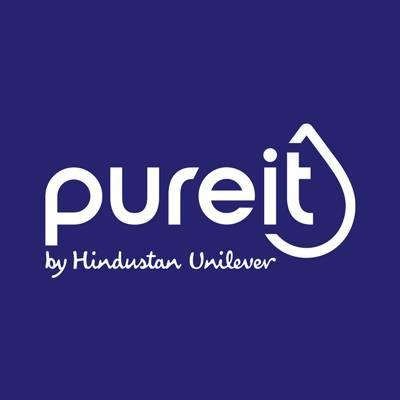In the pursuit of clean and safe drinking water, commercial entities often rely on advanced water purification systems like Reverse Osmosis (RO) technology. These commercial RO water purifiers play a pivotal role in ensuring access to high-quality, potable water in various settings, transcending domestic applications to cater to the needs of businesses, industries, and institutions.
Understanding RO Technology:
Reverse Osmosis technology, the cornerstone of commercial RO water purifiers, employs a semi-permeable membrane to remove impurities and contaminants from water. The process involves applying pressure to force water molecules through the membrane, effectively filtering out dissolved solids, contaminants, and microorganisms.
Applications in Commercial Settings:
Commercial RO water purifiers find applications across a spectrum of industries and establishments. From restaurants, hotels, and cafes requiring high-quality water for cooking and beverages to hospitals, laboratories, and educational institutions necessitating pure water for various purposes, these systems serve diverse needs.
Water Quality Enhancement:
One of the primary functions of commercial RO water purifiers is to enhance water quality by eliminating impurities such as dissolved solids, heavy metals, chemicals, bacteria, viruses, and sediments. This purification process results in water that meets stringent quality standards, free from odors, tastes, and harmful contaminants.
Scalability and Customization:
Commercial RO systems are designed to accommodate varying water purification needs, offering scalability and customization. They come in different capacities and configurations, allowing businesses to select systems tailored to their specific water usage and purification requirements.
Cost-Effectiveness and Efficiency:
While the initial investment in a commercial RO water purifier may seem substantial, it proves cost-effective in the long run. These systems provide a reliable and continuous supply of purified water, reducing the dependence on bottled water and minimizing operational costs over time.
Environmental Impact:
The adoption of commercial RO water purifiers contributes to reducing plastic waste generated by single-use bottled water. By offering a sustainable alternative, these systems support environmental conservation efforts, aligning with the growing trend of eco-friendly practices in business operations.
Maintenance and Servicing:
Ensuring the optimal performance of commercial RO water purifiers requires periodic maintenance and servicing. Regular cleaning, filter replacements, and adherence to manufacturer-recommended maintenance schedules are essential to sustain the efficiency and longevity of these systems.
Compliance and Regulatory Standards:
Adherence to regulatory standards and guidelines is paramount in the operation of commercial RO water purifiers. These systems must comply with health and safety regulations to ensure that the purified water meets prescribed quality standards for consumption and specific industry requirements.
Conclusion:
Commercial RO water purifiers stand as indispensable assets in various industries, catering to the critical need for clean and safe water. Their ability to deliver high-quality purified water, scalability, and customization options make them a preferred choice for businesses and institutions seeking reliable water purification solutions.
Beyond the immediate benefits of water quality enhancement and cost-effectiveness, these systems align with sustainability goals by reducing plastic waste. As businesses and industries prioritize health, safety, and environmental concerns, the adoption of commercial RO water purifiers exemplifies a commitment to ensuring access to clean, safe, and sustainable water for diverse applications.
